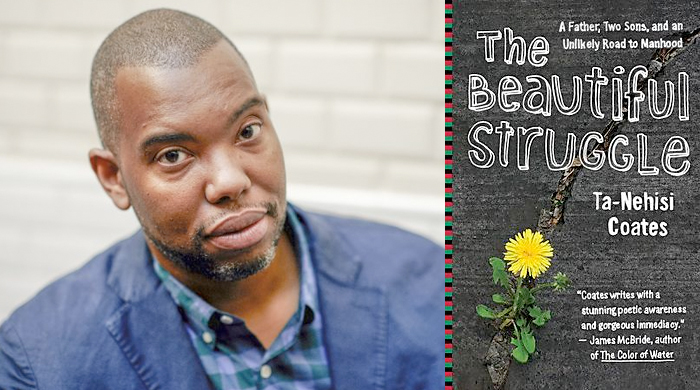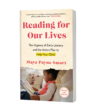I love Ta-Nehisi Coates’s unflinching essays on race. They exemplify journalism’s highest calling as a discipline of verification. He consistently eviscerates uniquely American delusions with deep reporting, impregnable facts and powerful prose.
Witness this brilliant story in which he lets confederates themselves declare the battle flag’s meaning, quoting long passages of their defense of slavery and white supremacy. Only the willfully ignorant or comprehension impaired can read it and credibly assert that the rebel flag is not a symbol of hate. His writing wakes us from our collective slumber.
His first memoir, “The Beautiful Struggle” (published in 2008), is also about awakening, but in it Coates as well as his readers get schooled. The book introduces us to young Ta-Nehisi, the sixth of his father’s seven children, as he navigates the perils of adolescence set against a backdrop of Baltimore street brawls, guns and crack. The captivating story reveals how his parents, teachers and the streets gave him an education in life or death matters of black consciousness.
In particular, I loved his depiction of his reading-fueled maturation, informed by the revolutionary (Dessalines and Toussaint) children’s books his mother imparted and his father’s massive collection of out-of-print texts, obscure lectures and self-published monographs of black writers. The books and the love with which they were dispensed fortified him against the hostility of the world in substantial ways.
“I plunged into my father’s books of Consciousness that he’d shelved in nearly every room in the house,” Coates writes. “That was how I found myself, how I learned my name.”
He’s speaking of the moment when he saw “Ta-Nehisi,” the ancient Egyptian name for the mighty Nubian nation, in print. But also of the long journey, home training if you will, that anchored him in his blackness and his promise as he entered adulthood.
All of Coates’s writing is a gift, but I especially appreciate this deeply personal survivor’s tale, rendered in all its complexity and beauty. It deepened my belief that reading books of substance and conviction helps build children of substance and conviction. I look forward to the next chapter of his memoirs, “Between the World and Me,” scheduled for July release.


